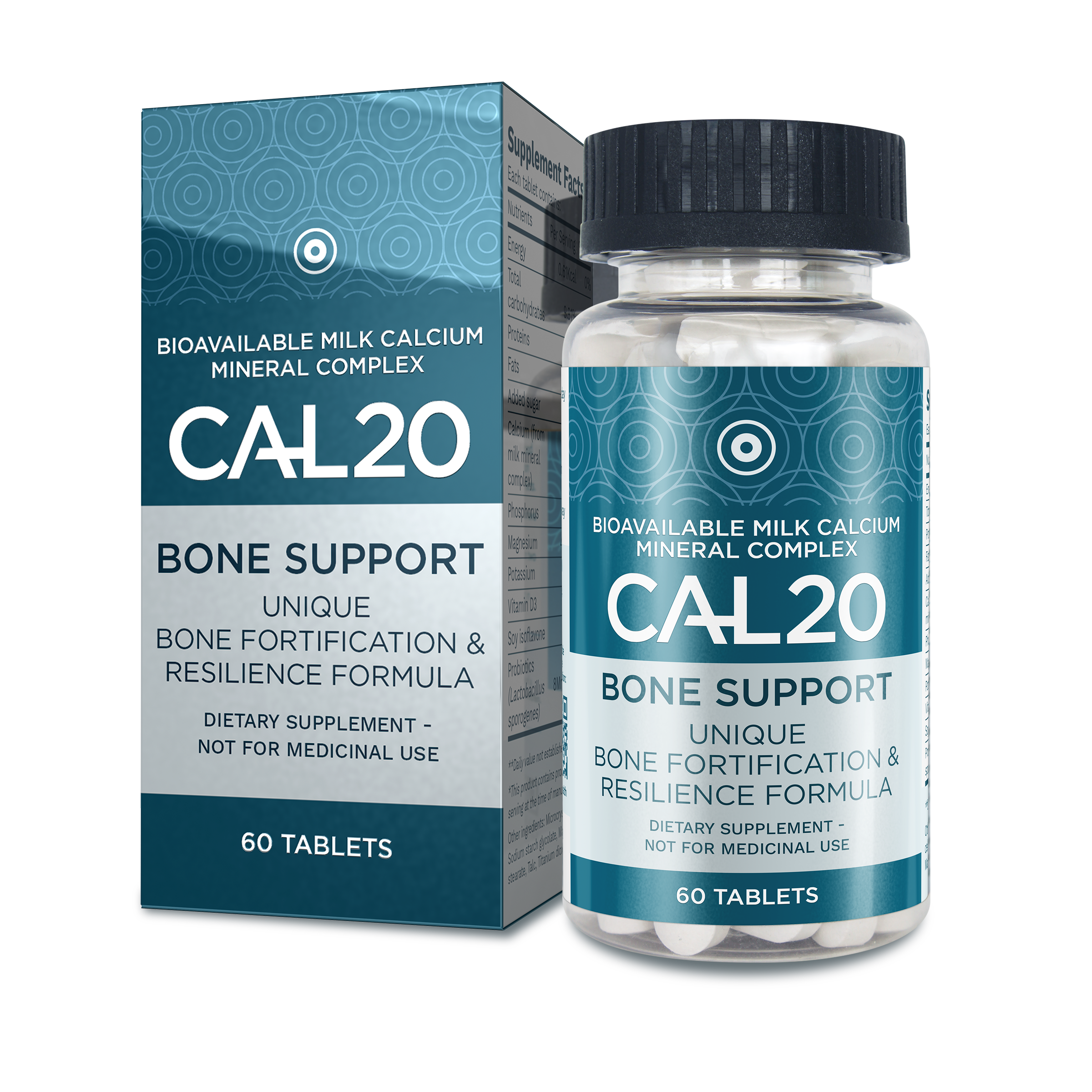Introduction
Fish oil supplements have gained immense popularity over the years, and for good reason. They are a rich source of omega-3 fatty acids, which are essential for our health. These fatty acids can help reduce inflammation, lower the risk of heart disease, and support brain health. However, not all fish oil supplements are created equal. It’s crucial to choose a supplement that is ethically sourced, tested for heavy metals, MSE certified, and contains the right amounts of EPA and DHA.
But first let’s delve deeper into Why Fish Oil is good for you:
Fish oil is considered essential for health due to its rich content of omega-3 fatty acids, specifically eicosapentaenoic acid (EPA) and docosahexaenoic acid (DHA). These omega-3 fatty acids offer a range of health benefits:
- Heart Health:
Omega-3 fatty acids have been shown to reduce the risk of heart disease. They can lower triglyceride levels, reduce blood pressure, and improve the health of blood vessels. EPA and DHA may also help prevent irregular heart rhythms and reduce inflammation in the body.
- Brain Health:
DHA, in particular, is a crucial component of brain cell membranes and is essential for proper brain development and function. Omega-3s may help improve cognitive function, memory, and mood. They are also being investigated for their potential role in reducing the risk of neurodegenerative diseases like Alzheimer’s.
- Eye Health:
DHA is found in high concentrations in the retina of the eye, and consuming omega-3 fatty acids may help maintain good eye health and reduce the risk of age-related macular degeneration.
- Inflammation:
Omega-3s have anti-inflammatory properties and may help reduce chronic inflammation in the body, which is linked to various chronic diseases such as arthritis, autoimmune disorders, and even cancer.
- Joint Health:
Some studies suggest that fish oil supplements may alleviate symptoms of rheumatoid arthritis and osteoarthritis by reducing joint pain and stiffness.
- Skin Health:
Omega-3s can help maintain healthy skin by reducing inflammation and preventing conditions like eczema and psoriasis.
- Mood and Depression:
There is evidence to suggest that omega-3 fatty acids, particularly EPA, can help improve mood and alleviate symptoms of depression. They may also play a role in reducing the risk of postpartum depression.
- Pregnancy and Child Development:
Omega-3s are crucial for the development of the fetal brain and eyes during pregnancy. Pregnant and nursing mothers are often advised to consume adequate omega-3s for the health of both the mother and child.
- Immune System Support:
Omega-3s can enhance the function of the immune system, helping the body better defend itself against infections and diseases.
Now, let get back to why choosing a high-quality fish oil supplement is essential to ensure that you receive the intended health benefits, while minimizing the risk of contaminants and poor absorption.
These are the 5 elements you need to look for on the label when purchasing a fish oil supplement.
1. Ethically Sourced Fish Oil:
Sustainability: Overfishing is a significant concern. By choosing ethically sourced fish oil, you support sustainable fishing practices that ensure fish populations remain healthy and abundant for future generations.
Bycatch Reduction: Ethical sourcing also means reducing bycatch, which refers to the unintentional capture of non-target species during fishing. Ethical practices ensure minimal harm to other marine life.
2. Heavy Metal Testing:
Safety First: Our oceans, unfortunately, are polluted with heavy metals like mercury, lead, PCB’s and even arsenic. Consuming fish oil contaminated with these metals can be harmful. It’s essential to choose a supplement that has been rigorously tested for heavy metals to ensure your safety.
Quality Assurance: Heavy metal testing is a testament to the quality of the product. It assures consumers that they are getting a pure and safe product.
3. MSE (Marine Stewardship Council) Certification:
Trustworthy Seal: MSE certification is a seal of approval that the fish oil is sourced from wild fish and sustainable fisheries/fishing practices. It’s a mark of quality and sustainability.
Transparency: MSE certified products often come with a traceability code, allowing consumers to trace the origin of their fish oil. This level of transparency is rare and highly commendable.
4. Source of the Fish:
Sardines and Small Fish: Smaller fish like sardines, herring and pilchards are often a better source for fish oil supplements. They are lower on the food chain, which means they accumulate fewer toxins than larger fish.
Short Lifespan: Fish with shorter lifespans, like sardines, have less time to accumulate heavy metals, making their oil purer and safer.
5. EPA and DHA Content:
Essential Omega-3s: EPA (Eicosapentaenoic Acid) and DHA (Docosahexaenoic Acid) are the two primary omega-3 fatty acids found in fish oil. They play crucial roles in heart health, brain function, and inflammation regulation.
Right Balance: While both EPA and DHA are essential, the right balance between the two is crucial. Depending on your health goals, you might need a supplement with higher EPA or DHA. Always consult with a healthcare professional to determine the right ratio for you.
When it comes to fish oil supplements, the adage “you get what you pay for” often holds true. Investing in a high-quality, ethically sourced, and tested product with the right EPA and DHA content ensures that you reap all the health benefits without any of the risks. Some fish oil supplements come in more bioavailable forms, such as triglyceride or phospholipid forms, which can be easier for your body to absorb compared to ethyl ester forms. Quality supplements often use these more bioavailable forms for better efficacy.
Fish oil can become rancid over time due to exposure to oxygen and light. High-quality supplements are packaged in a way that minimizes exposure to air and light to maintain freshness. Look for products with expiration dates and consider storing them in a cool, dark place. Always do your research, read labels carefully, and choose wisely. Your health is worth it.
References:
- Benefits of Fish Oil: Nutrition, Risks, Tips by Cynthia Sass
- Are There Health Benefits to Taking Fish Oil? By Christine Mikstas
- https://www.healthline.com/nutrition/benefits-of-fish-oil
- Fish Oil Quality Matters: What to Consider When Choosing a Supplement by Water For Health
- The Art of Wellbeing podcast with Will Cole and Jessica Sepel




